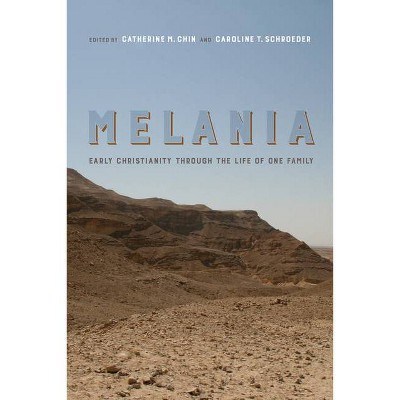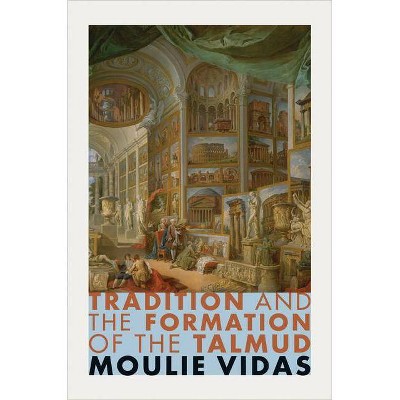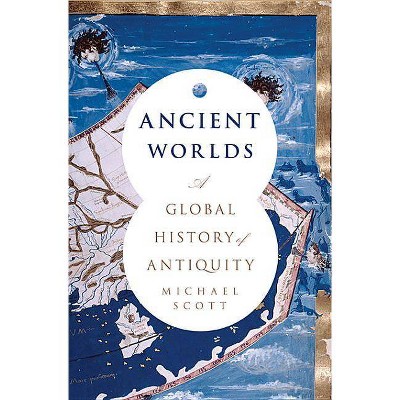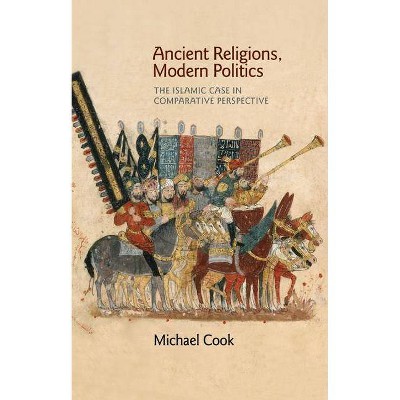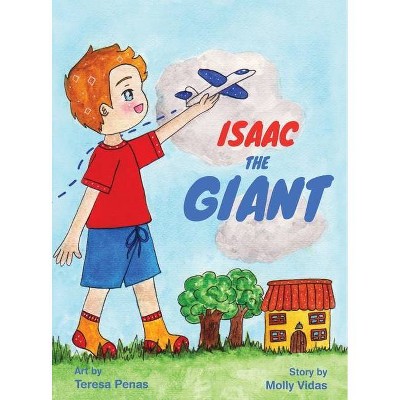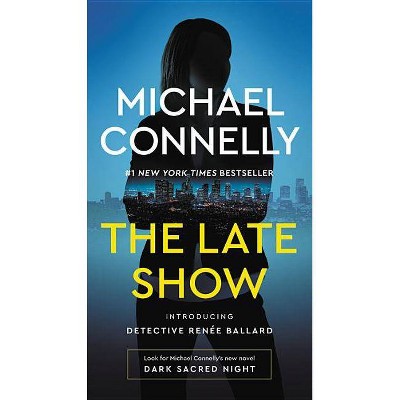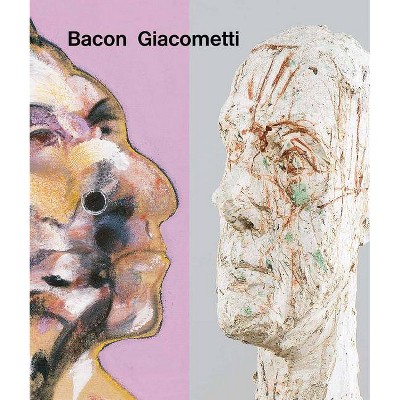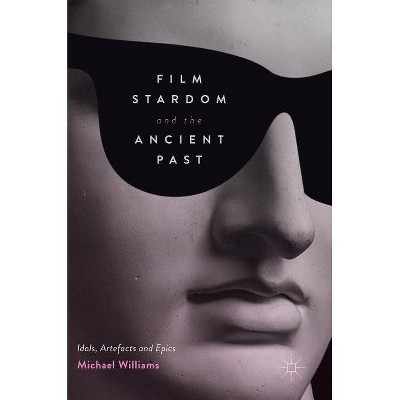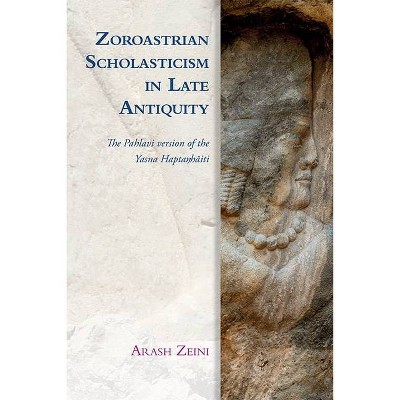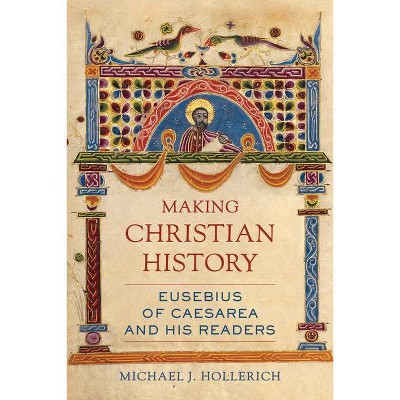Late Ancient Knowing - by Catherine Michael Chin & Moulie Vidas (Hardcover)
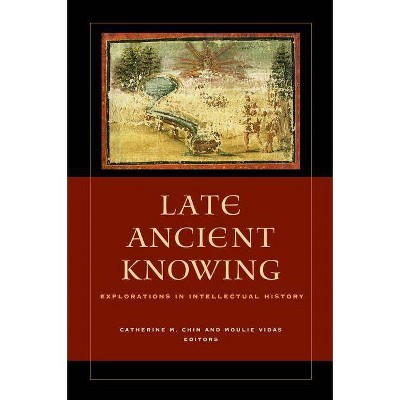
Similar Products
Products of same category from the store
AllProduct info
<p/><br></br><p><b> About the Book </b></p></br></br> "Late Ancient Knowing explores how people in late antiquity went about knowing their world and how this knowing shaped late ancient lives. Each essay is dedicated to a single concept--'Animal,' 'Demon,' 'Countryside,' 'Christianization,' 'God'--studying the ways in which individuals and societies in this period created and interacted with visible and invisible realities. Rather than narrating late ancient history based on facts defensible in modern historical terms, these essays attempt to create histories based on what are now considered late ancient fictions, the now-discarded paradigms of late ancient thought"--Provided by publishe<p/><br></br><p><b> Book Synopsis </b></p></br></br>In this collection of essays, scholars from a range of disciplines explore the activity of knowing in late antiquity by focusing on thirteen major concepts from the intellectual, social, political, and cultural history of the period. They ask two questions about each of these concepts: what did late ancient people know about them, and how was that knowledge expressed in people's actions?<i> Late Ancient Knowing</i> integrates intellectual history, post-structuralist literary theory, and recent trends in cognitive science to examine the ways that historical thought-worlds both shaped individual lives and were in turn shaped by the actions of individuals. Each chapter treats its main concept as a problem both of knowledge and of practice or behavior. The result is a richly imagined description of how people of this time understood and navigated their world, from travel through the countryside and encounters with demons to philosophical medicine and the etiquette of imperial courts.<p/><br></br><p><b> From the Back Cover </b></p></br></br>"Informed by up-to-date theoretical concerns, <i>Late Ancient Knowing</i> offers original ways of approaching not only what persons in the late antique world knew but by what criteria they ordered their world so that they could grasp it. Gathering innovative scholars who are widely recognized within the field, this volume delivers."--Susanna Elm, Professor of History at the University of California, Berkeley and author of <i>Sons of Hellenism, Fathers of the Church: Emperor Julian, Gregory of Nazianzus, and the Vision of Rome</i> <p/> "The essays gathered in this volume develop new and sophisticated ways of understanding late ancient knowledge within a historical context, bridging between the history of science (including topics like medicine and cosmology but also reaching out to subjects that anticipate linguistics, anthropology, and even zoology) and cultural studies. Well-written, cogent, and coherent, <i>Late Ancient Knowing</i> is very accessible to scholarly readers."--Steven P. Weitzman, Abraham M. Ellis Professor of Hebrew at the University of Pennsylvania<p/><br></br><p><b> Review Quotes </b></p></br></br><br>"What the best essays in <i>Late Ancient Knowing</i> do is showcase how a scholar's creativity and imagination can bring the late antique past back to life in unique ways."-- "Journal of Roman Studies"<br><p/><br></br><p><b> About the Author </b></p></br></br><b>Catherine M. Chin</b> is Associate Professor of Religious Studies at the University of California, Davis and author of <i>Grammar and Christianity in the Late Roman World.</i> <p/><b>Moulie Vidas</b> is Assistant Professor of Religion and Judaic Studies at Princeton University and author of <i>Tradition and the Formation of the Talmud.</i>
Price History
Price Archive shows prices from various stores, lets you see history and find the cheapest. There is no actual sale on the website. For all support, inquiry and suggestion messages communication@pricearchive.us
